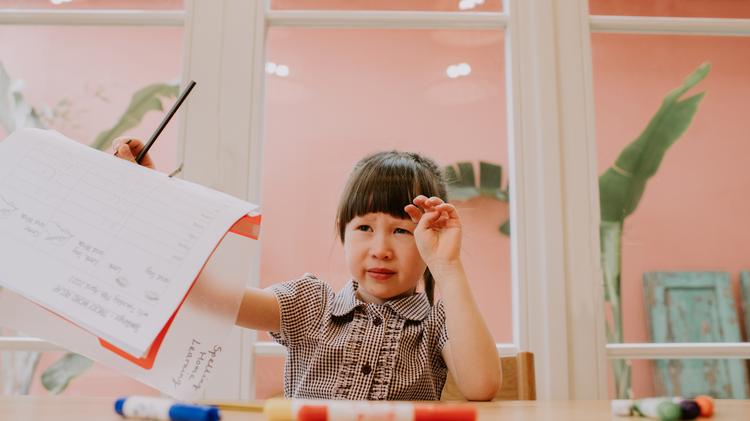Stigma and language-based learning disabilities are a disappointing, yet a reversable combination that has endured generations of learners. Too often, learning disabilities — dyslexia in particular — are thought of as a permanent disability. But what’s often lacking are better approaches to diagnoses, earlier intervention for these learners, and ensuring general and special educators are trained to know how to address dyslexia and teach in a way to support students with language-based learning disabilities.
I’m a trained educator myself and have been for 26 years. Specific modalities and supports for dyslexia were not part of my undergraduate or graduate training. I’m just one of many special educators in this niche but vital workforce who have had to make personal investments to obtain the extra training necessary to meet the needs of this population.
When a child has a learning disability diagnosed by a school, too often it’s a broad, general diagnosis. If there’s something more specific, like dyslexia or dyscalculia, parents must take the initiative to seek out that diagnosis themselves.
▸ Read more on Carlow’s Building Tomorrow’s Workforce HUB.
